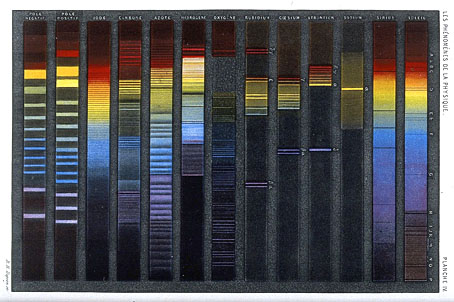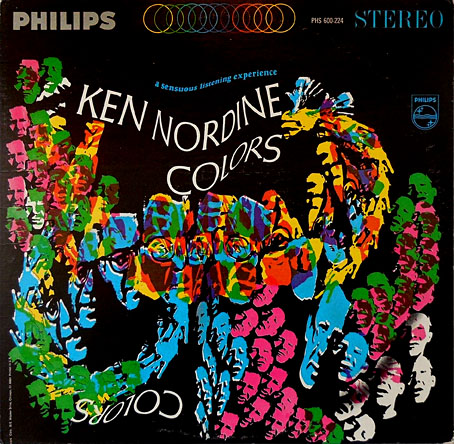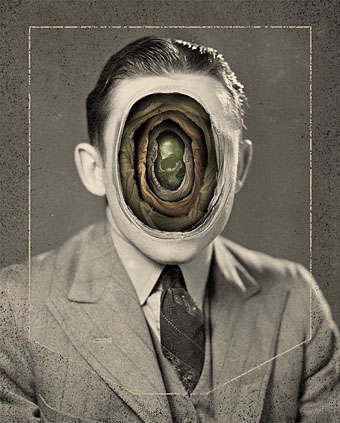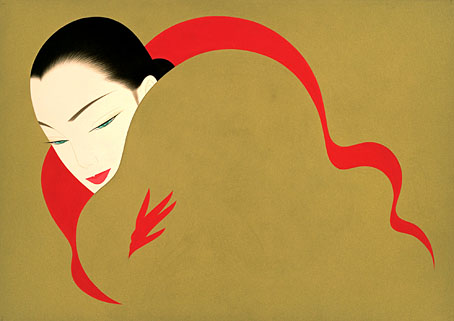Art by Joe Mugnaini (1955).
• Mixes of the week: The Ivy-Strangled Path Vol. XIX by David Colohan, and The Ephemeral Man’s Teapot 2—Atmosphere insomniac by The Ephemeral Man.
• Patrick Clarke talks to Morton Subotnick and Lillevan about Subotnick’s pioneering synthesizer composition, Silver Apples Of The Moon (1967).
• A second volume of London’s Lost Rivers, a walker’s guide by Tom Bolton with photography by SF Said, is published by Strange Attractor next month.
“That country where it is always turning late in the year. That country where the hills are fog and the rivers are mist; where noons go quickly, dusks and twilights linger, and midnights stay. That country composed in the main of cellars, sub-cellars, coal-bins, closets, attics, and pantries faced away from the sun. That country whose people are autumn people, thinking only autumn thoughts. Whose people passing at night on the empty walks sound like rain.”
Ray Bradbury quoted by Sam Weller in an examination of Bradbury’s dark tales and autumnal horror stories
• Lumberjacks In Heat is 11 minutes of music from Mechanical Fantasy Box by Patrick Cowley, the latest Cowley collection from Dark Entries.
• They Poured Out Their Light Until Only Darkness Remained: new eldritch vibrations from The Wyrding Module.
• Carmen Villain on the magic of Jon Hassell’s Aka / Darbari / Java: Magic Realism.
• An Evil Medium: Elizabeth Horkley on the films of Kenneth Anger.
• Cosmic gardens and boulder boulevards by Charles Jencks.
• At Dennis Cooper’s: Murray Melvin Day.
• Richard Dawson‘s favourite music.
• RIP John Giorno.
• My Girlfriend Is A Witch (1968) by October Country | The October Man (1982) by Bill Nelson | Late October (1984) by Harold Budd





